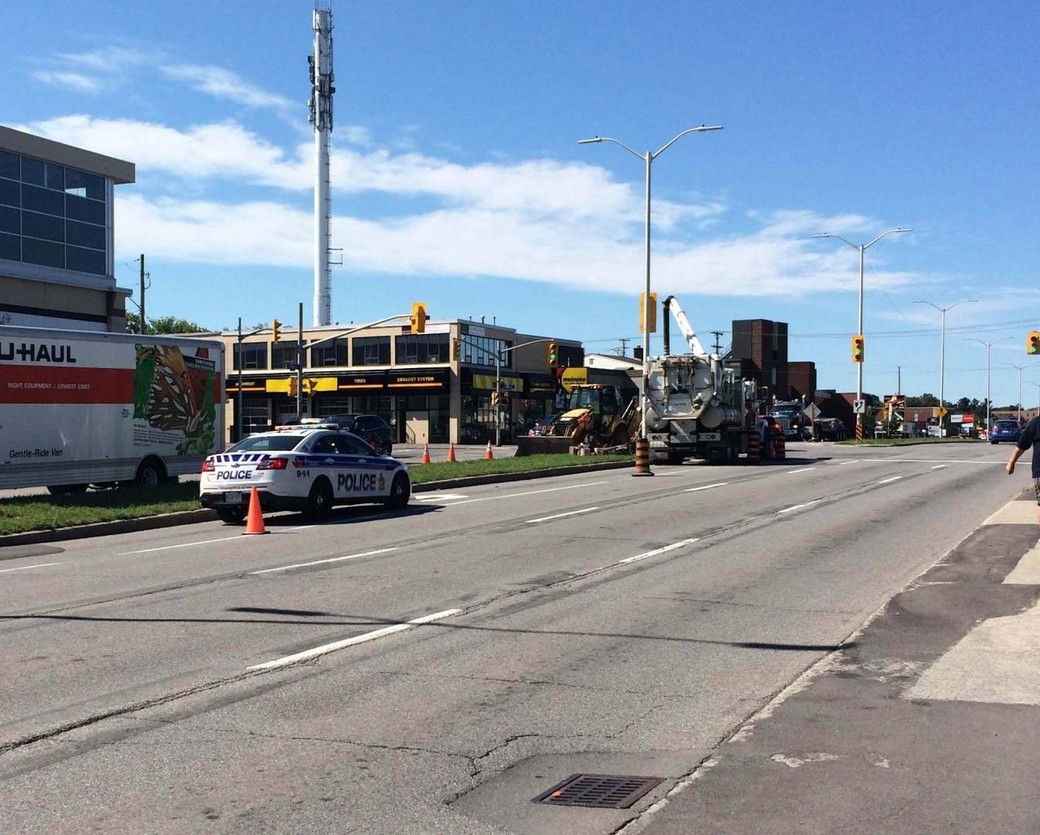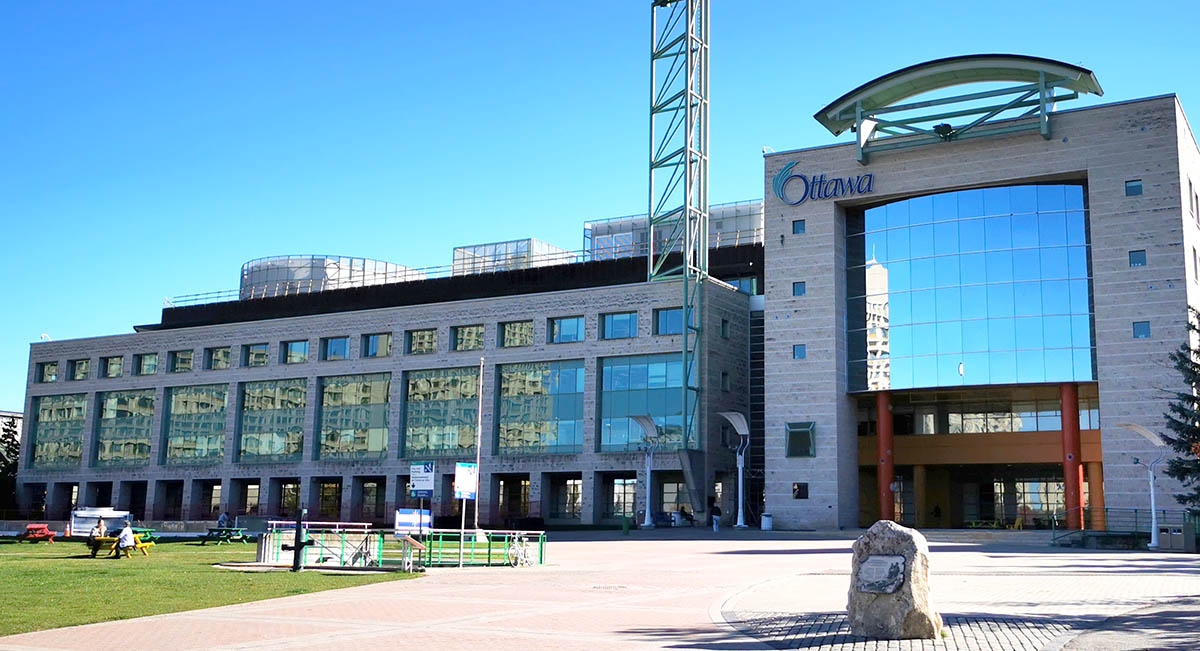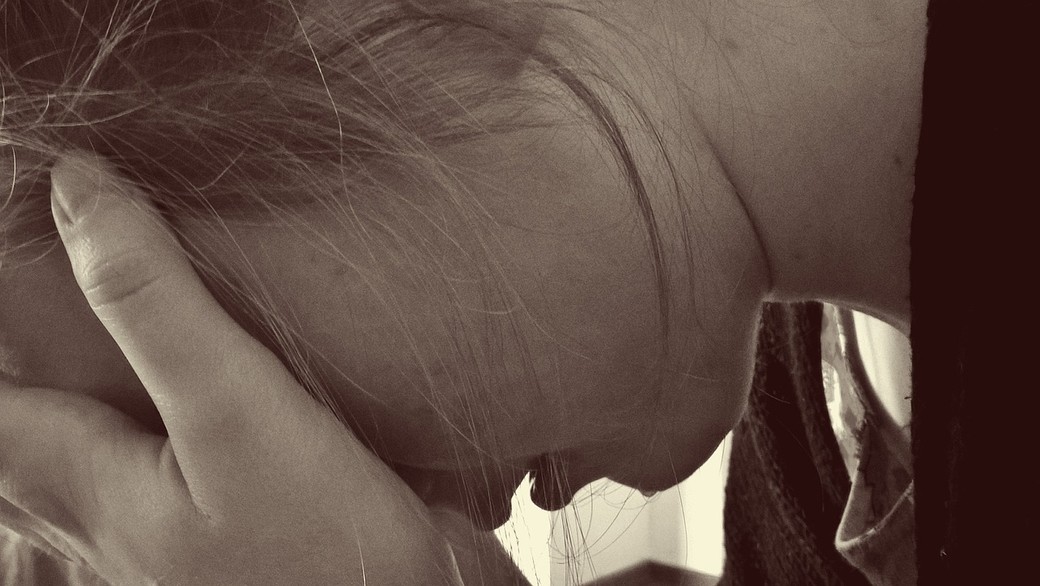
How to Reign in the Excessive Costs of Policing
Photo by Darryl T. Davies.
While it’s a good thing that the major players involved in policing in this city have agreed to work out their internal problems there are important issues that need to be addressed. First and foremost is the question of who exactly rules the police? In a democracy the answer to that question is the public. Yet, despite this fact, taxpayers have little say when they see their property taxes increasing year after year with no end in sight. In 2014 the Macdonald-Laurier Institute published a report titled ‘The Blue line or the Bottom Line of Policing in Canada.’
The author of that report, Christian Leuprecht, an associate professor of political science at the Royal Military College and Queen’s University, shows that the bulk of tax increases goes to pay the salaries of first responders such as police and fire services. In Toronto and Ottawa almost 40 per cent of the police services workforce made the infamous ‘Sunshine List’. As Leuprecht states in his report “Torontonians spend the equivalent of about two cancelled gas plants on their police services every year.”
At a time when the Canadian Centre for Justice Statistics shows that the crime rate is at its lowest point in twenty years it’s a fair question to ask why we are spending so much money on our police service? Part of the problem as Leuprecht points out is that police associations capitalize on the public myth that the bulk of what police officers do is related to crime fighting and law enforcement. In reality nothing could be further from the truth. Research evidence shows that police spend less than 20 per cent of their time dealing with crime and law enforcement issues and over 80 per cent on order maintenance functions such as manning construction sites, responding to noisy parties and in Ottawa even enforcing bicycle regulations. The reality is that the bulk of service calls police receive from the public have nothing to do with anything remotely connected to crime.
 As Yasir Naqvi, the Attorney General of Ontario, recently acknowledged the criminal justice system is riddled with inefficiencies. It’s true that some of these costs are downloaded on police. However, many of the tasks currently being undertaken by police could be handled more cost effectively and cheaper if they were civilianized.
As Yasir Naqvi, the Attorney General of Ontario, recently acknowledged the criminal justice system is riddled with inefficiencies. It’s true that some of these costs are downloaded on police. However, many of the tasks currently being undertaken by police could be handled more cost effectively and cheaper if they were civilianized.
As the Macdonald-Laurier report points out there is no reason why civilians couldn’t be involved in lifting finger prints, collecting DNA evidence, court security, prisoner escort, finance and human resources, transcribing interviews and conducting background checks. What Leuprecht says we should be debating is “what kind of policing” instead of “how much”. In short we need an alternative service delivery model for policing because the one that we currently have is overly expensive, inefficient and in the 21st century some may argue anachronistic.
As a society we need to redefine the role of police so that their skills and qualifications are related to the jobs we task them with. It doesn’t make any sense to expect police officers who have less than twelve weeks training to effectively address the multitude of social problems such as drug addiction and mental illness that we are witnessing in our towns and cities. To chug along as we are is a recipe for disaster. We can’t continue being a puppet to police unions by continually handing out salary increases around or in excess of 3 per cent annually.
Now is the time for the public to reclaim ownership of their police service. This means changing the police demographic and reallocating their duties and responsibilities to a more effective and efficient alternative service delivery model. We need a police service but not at any cost. By reallocating the order maintenance functions currently being provided by police to civilian professionals, police could then concentrate on the most serious problems and threats confronting our society such as organized crime, human trafficking, child abuse, terrorism and gang violence. These officers would be highly trained and educated and remunerated with a salary commensurate with their duties and responsibilities.
Yes we need a police service to deal with crime. However, there comes a point when the well runs dry and it’s high time our politicians stood up to the police unions in this province and made it clear that the buck stops here. As the Macdonald Laurier report put it:
“If police cherish their institutional autonomy, they, the membership, and the unions, would do well to embrace reform and engage in a discussion about quality and outcome with the communities they serve and who pay their keep. That discussion they can win. The discussion about quantity and input they cannot.”
Darryl T. Davies is the Instructor in criminology and criminal justice, Department of Sociology and Anthropology, at Carleton University.









